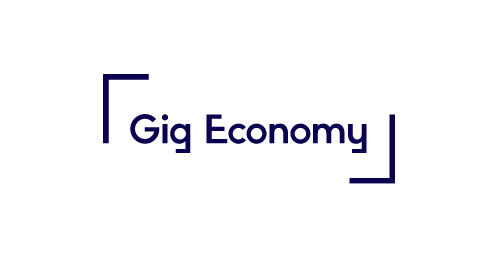Cooperation in action Fair jobs at the click of a button: the gig economy
The online job market offers them the opportunity for more financial independence. Apps that enable people to work from home can also reduce the cultural barriers for women entering the job market.
However, the digital job market also has its downsides. Workers are often employed under precarious conditions, without adequate rights or the ability to assert them.
The Gig Economy Initiative works with platforms, political decision-makers and workers themselves to promote better and fairer working standards in the gig economy. The Initiative takes a holistic approach that aims to preserve the additional employment opportunities offered by platform work while at the same time reducing the potential disadvantages for workers.
Example Kenya Advisory services for gig workers
Cowan Koduk
Cowan Koduk from Nairobi works as a marketing communications consultant and finds her work (or “gigs”) on digital platforms. One topic is particularly close to her heart: discrimination against women in Kenya, which is widespread on online platforms. In response, Cowan Koduk has sought information and taken several online courses on platform work, gender equality and gender-based violence – all via atingi (External link), the BMZ’s digital learning platform. She also took part in a six-week programme for female gig workers which aimed to equip participants to identify different forms of discrimination against women in the working world – including hidden discrimination – and raise awareness among those affected.
She has since been using social media to share her knowledge with other women. She has initiated lots of discussions, both online and offline, and reaches thousands of like-minded individuals with her posts. In addition to her work in marketing and communications, she is now also active in the area of gender equality.
As one of the 150 participants in the programme for female gig workers, she has joined a community that advises other women on issues such as safety and fair wages on digital labour platforms.
As at: 28/05/2024

